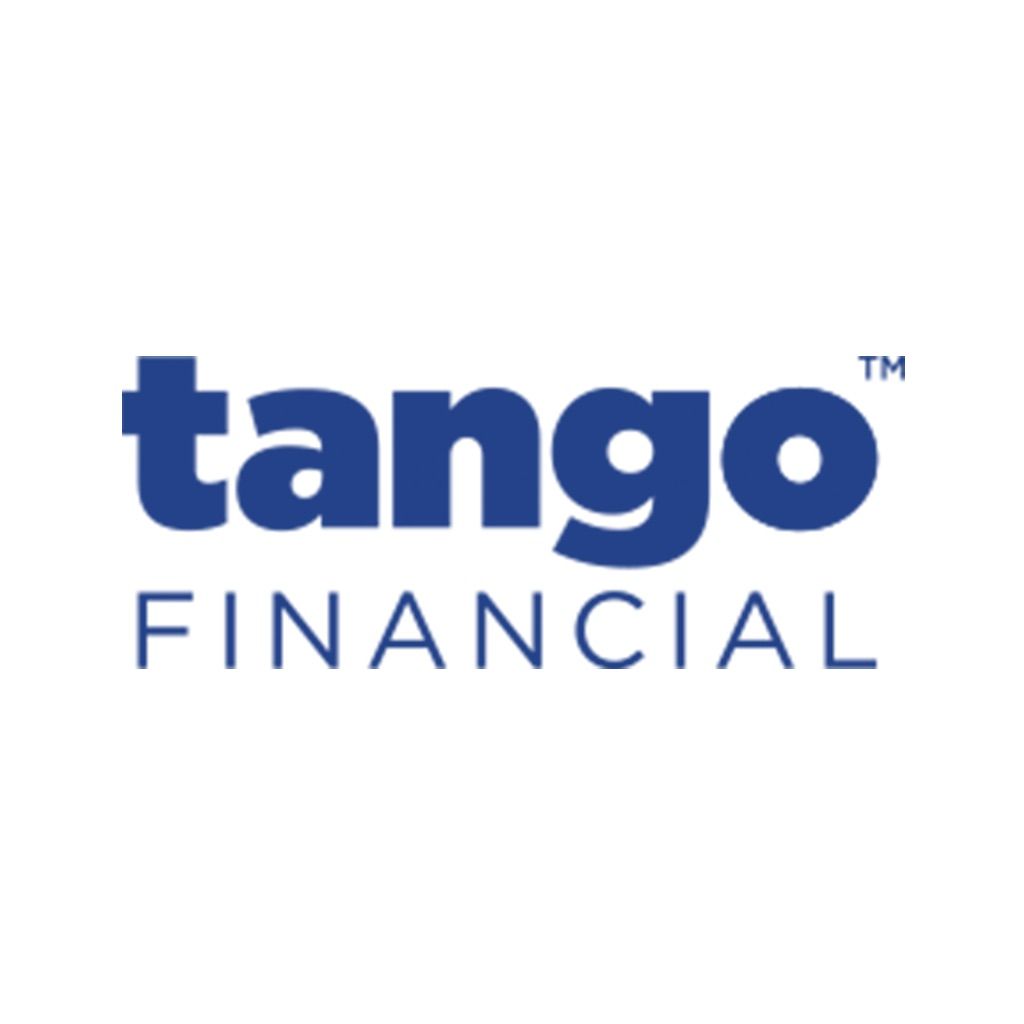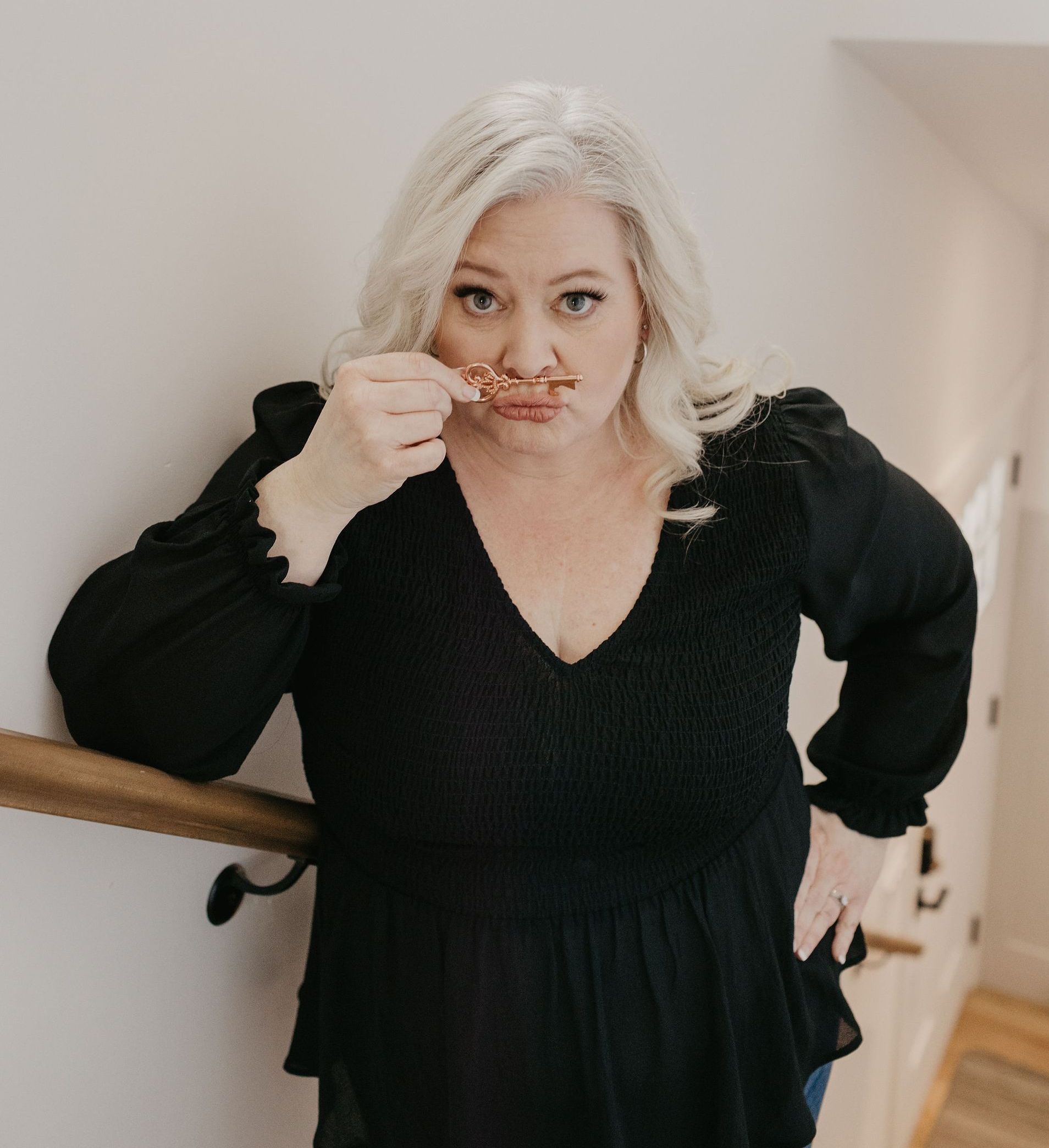Don't Accidentally Buy A Home
Buying a property might actually be easier than you think. So, if you have NO desire AT ALL to qualify for a mortgage, here are some great steps you can take to ensure you don’t accidentally buy a property.
Fair warning, this article might get a little cheeky.
Quit your job.
First things first, ditch that job. One of the best ways to make sure you won’t qualify for a mortgage is to be unemployed. Yep, most mortgage lenders aren’t in the practice of lending money to unemployed people!
If you already have a preapproval in place and don’t want to go through with financing, no problems. Unexpectedly quit your job mid-application. Because, even if you’re making a lateral move or taking a better job, any change in employment status can negatively impact your approval.
Spend All Your Savings.
To get a mortgage, you’ll have to bring some money to the table. In Canada, the minimum downpayment required is 5% of the purchase price. Now, if the goal is not to get a mortgage, spending all your money and having absolutely nothing in your account is a surefire way to ensure you won’t qualify for a mortgage. So, if you’ve been looking for a reason to go out and buy a new vehicle, consider this your permission.
Collect as Much Debt as Possible.
After quitting your job and spending all your savings, you should definitely go out and incur as much debt as possible! The higher the payments, the better.
You see, one of the main qualifiers on a mortgage is called your debt-service ratio. This takes into count the amount of money you make compared to the amount of money you owe. So the more debt you have, the less money you’ll have leftover to finance a home.
Stop Making Your Debt Payments
So let’s say you can’t shake your job, you still have a good amount of money in the bank, and you’ve run out of ways to spend money you don’t have. Don’t panic; you can still absolutely wreck your chances of qualifying for a mortgage! Just don’t pay any of your bills on time or stop making your payments altogether.
Why would any lender want to lend you money when you have a track record of not paying back any of the money you’ve already borrowed?
Provide Ugly Supporting Documentation.
Now, if all else fails, the last chance you have to scuttle your chances of getting a mortgage is to provide the lender with really ugly documents. To support your mortgage application, lenders must complete their due diligence. Here are three ways to make sure the lender won’t be able to verify anything.
Firstly, and probably the most straightforward, make sure your name doesn’t appear anywhere on any of your statements. This way, the lender can’t be sure the documents are actually yours or not.
Secondly, when providing bank statements to prove downpayment funds, make sure there are multiple cash deposits over $1000 without explaining where the money came from. This will look like money laundering and will throw up all kinds of red flags.
And lastly, consider blacking out all your “personal information.” Just use a black Sharpie and make your paperwork look like classified FBI documents.
Follow-Through
So there you have it, to avoid an accidental home purchase, you should quit your job, spend all your money, borrow as much money as possible, stop making your payments, and make sure the lender can’t prove anything! This will ensure no one will lend you money to buy a property!
Now, on the off chance that you’d actually like to qualify for a mortgage, you’ve come to the right place. The suggestion would be to actually keep your job, save for a downpayment, limit the amount of debt you carry, make your payments on time, and provide clear documentation to support your mortgage application!
If you'd like to make sure you're on the right track, connect anytime. It would be a pleasure to walk through the mortgage process with you.


Share:


Subscribe
Thank you for contacting me.
I will get back to you as soon as possible.
Please try again later.
Follow
@MORTGAGEBYTORI
| Mortgage By Tori | All Rights Reserved | Privacy and Content Notice

